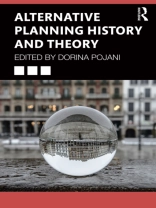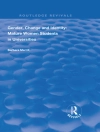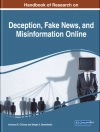This book includes twelve newly commissioned and carefully curated chapters each of which presents an alternative planning history and theory written from the perspective of groups that have been historically marginalized or neglected.In teaching planning history and theory, many planning programs tend to follow the planning cannon – a normative perspective that mostly accounts for the experience of white, Anglo, Christian, middle class, middle aged, heterosexual, able-bodied, men. This book takes a unique approach. It provides alternative planning history and theory timelines for each of the following groups: women, the poor, LGBTQ+ communities, people with disabilities, older adults, children, religious minorities, people of color, migrants, Indigenous people, and colonized peoples (in South Asia and Sub-Saharan Anglophone Africa). To allow for easy cross-comparison, chapters follow a similar chronological structure, which extends from the late 19th century into the present. The authors provide insights into the core planning issues in each time period, and review the different stances and critiques. The book is a must-read for planning students and instructors. Each chapter includes the following pedagogical features: (1) a boxed case study which presents a recent example of positive change to showcase theory in practice; (2) a table which lays out an alternative planning history and theory timeline for the group covered in the chapter; and (3) suggestions for further study comprising non-academic sources such as books, websites, and films.
Dorina Pojani
Alternative Planning History and Theory [PDF ebook]
Alternative Planning History and Theory [PDF ebook]
¡Compre este libro electrónico y obtenga 1 más GRATIS!
Idioma Inglés ● Formato PDF ● Páginas 240 ● ISBN 9781000798425 ● Editor Dorina Pojani ● Editorial Taylor and Francis ● Publicado 2022 ● Descargable 3 veces ● Divisa EUR ● ID 8760322 ● Protección de copia Adobe DRM
Requiere lector de ebook con capacidad DRM












